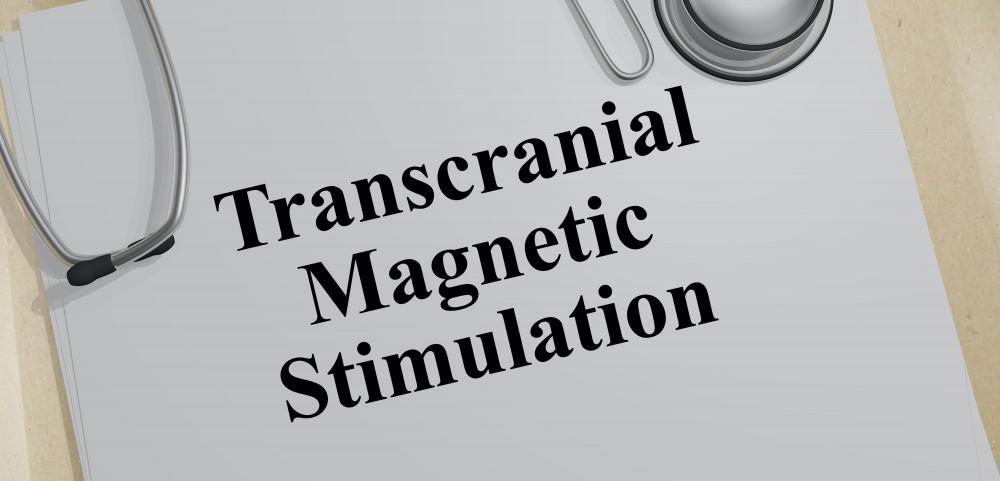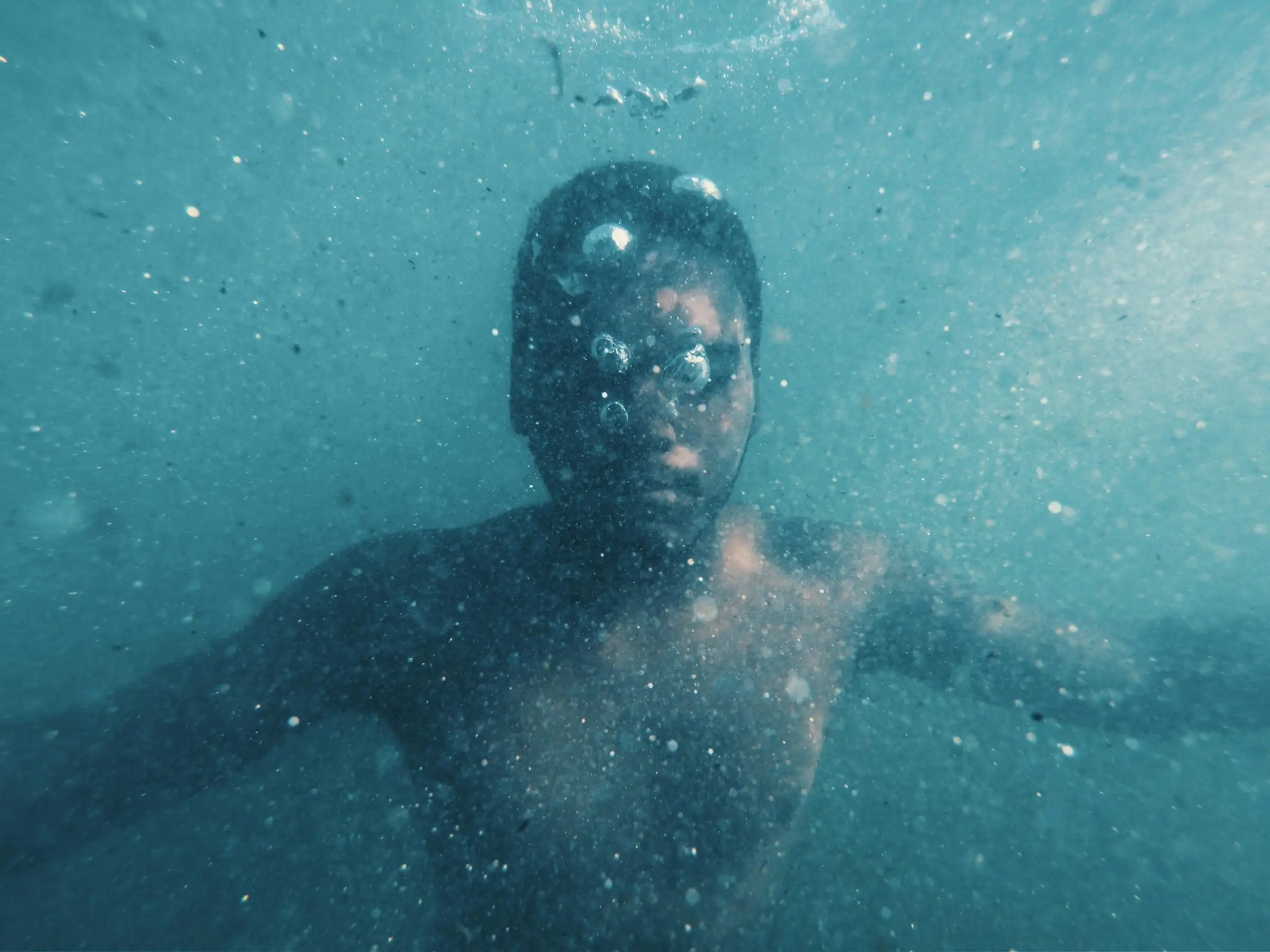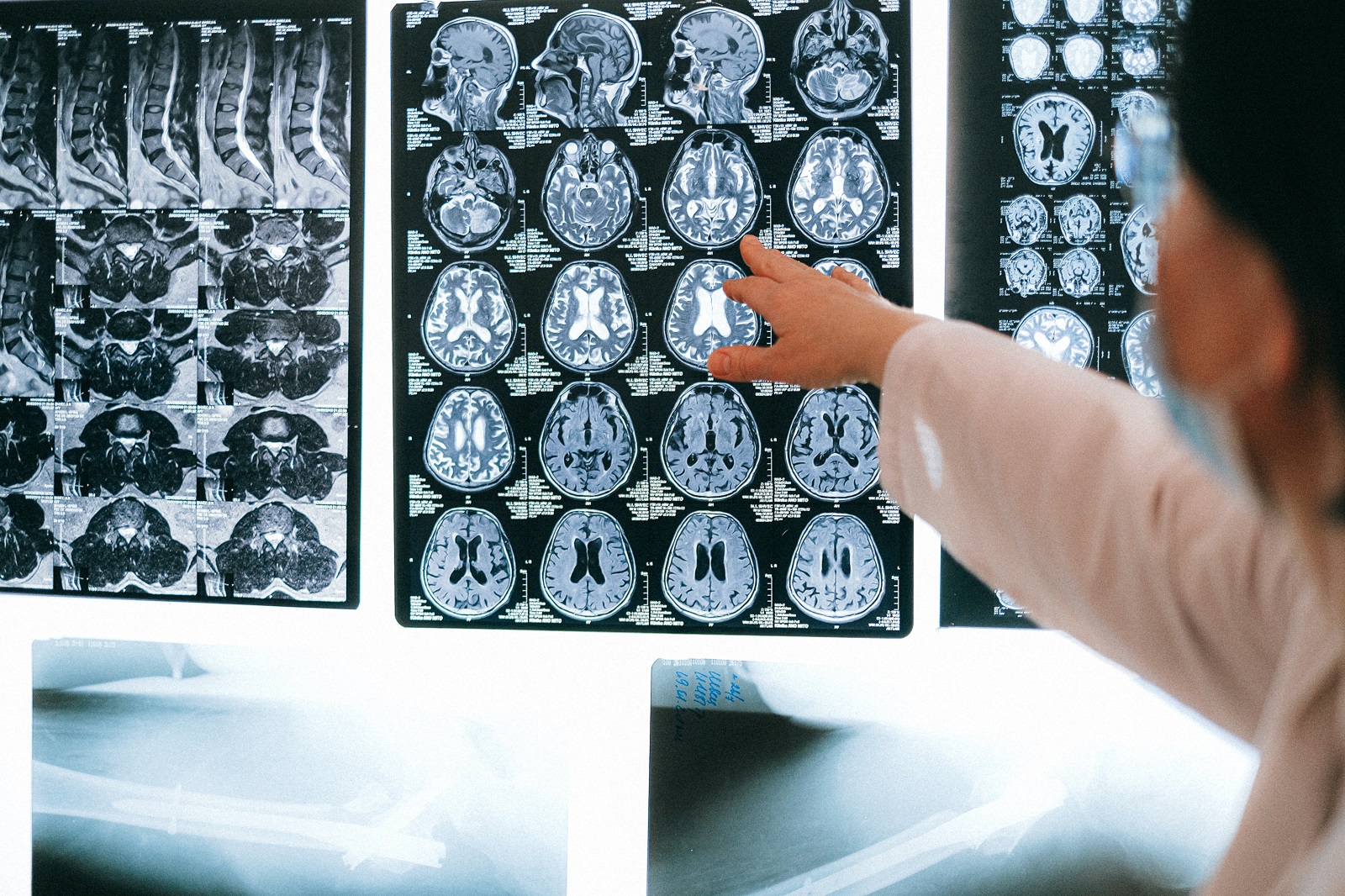Welcome back, everyone. For people suffering from depression, the holidays can be very stressful and lonely time, along with medication and therapy. A treatment center in Santa Monica is offering a possible solution, and it takes only three minutes.
Alright. So we’re going to turn it up 10 percent or so. A machine to battle depression. These medical experts are using magnets to target the brain. Michael Neshawa, Is it, a second session? Certainly, I feel more awake and he’s hoping to find relief after medication and therapy haven’t worked for him.
I don’t think it’s a good idea to give up before you exhausted all of your options.
And tried so many things for so long. Elizabeth Saas has finished her six weeks of treatment and says it turned her life around.
I always felt like I needed one more cup of coffee or to go for a walk. I always felt like I was fighting to finally feel alert and I never have felt more awake in my life than after this treatment.
It’s called TMS Transcranial Magnetic Stimulation. Doctors use a device to make a small magnetic field and create pulsing in the brain, stimulating a spot associated with depression.
An area of the brain called the left dorsolateral prefrontal cortex is basically underactive. So there’s less blood flow, there’s less metabolism. These neurons are essentially dormant.
Ben Spielberg treats his patients in three-minute sessions, five days a week for six weeks. His treatment center in Santa Monica is the only one in the L.A. area to have the technology for three-minute sessions after the FDA approved it last year. Others take more than 30 minutes.
It’s really bringing the brain back online. The brain is different and in depressed people and non-depressed, and that state of depression is part of an imbalance in the brain.
Doctors say each patient is different.
All right.
That’s it. But after completing the six weeks, some people are able to scale back their medication as they move forward on their journey of treatment and finding happiness.
For good.
The treatment center says patients are required to try some form of medication for depression before starting their sessions. And for most people, the sessions are covered by their insurance, at least partly.


















